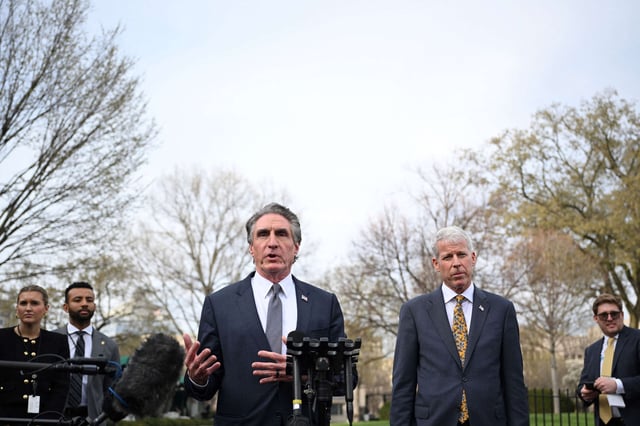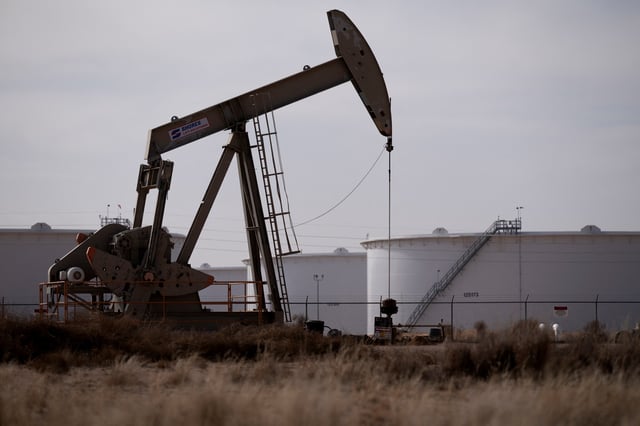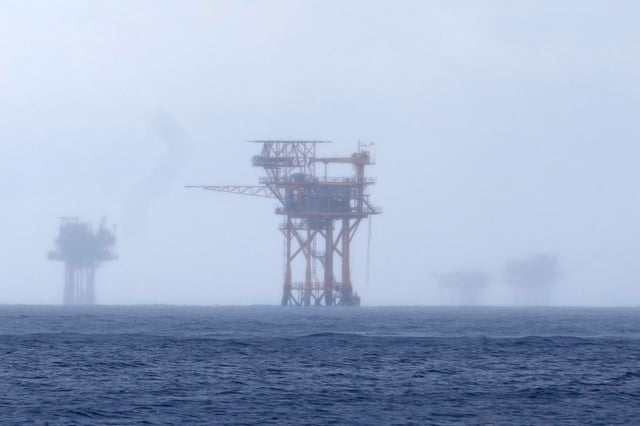Overview
- The new emergency permitting procedures reduce environmental review timelines from years to 14–28 days for fossil fuel and critical mineral projects on federal lands.
- The measures prioritize oil, gas, coal, uranium, and critical minerals but exclude solar and wind energy projects from expedited reviews.
- The Department of the Interior is using alternative compliance processes for key environmental laws, including NEPA, ESA, and the National Historic Preservation Act.
- The Trump administration cites national energy security and economic competitiveness as the rationale for these emergency measures, declared under a national energy emergency.
- Environmental advocates have signaled immediate legal challenges, arguing the expedited process undermines public health, environmental protections, and public input.



